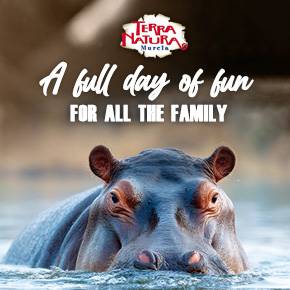article_detail
Date Published: 15/07/2024
First Neanderthal with Down syndrome found in Spain
The discovery reveals that early humans were compassionate towards disabled children

The fossil of a six-year-old Neanderthal child found in Valencia, Spain, suggests that early humans cared for their vulnerable without expecting anything in return. This thumb-sized fossil, discovered in the 1980s, is the first known case of Down syndrome among Neanderthals, who vanished about 40,000 years ago.
The fossil was initially thought to belong to another Neanderthal child found at Cova Negra, a site near Xàtiva, Spain. However, detailed analysis by experts Ignacio Martínez and Mercedes Conde-Valverde revealed congenital malformations associated with Down syndrome. The child likely had serious ear injuries, leaving them deaf and with poor balance.
The survival of this child, possibly for six years, indicates that Neanderthals cared deeply for their weakest members. This kind of altruism, previously believed to be unique to Homo sapiens, suggests a compassionate side to Neanderthal communities.
You may also like: Gibraltar is going to disappear and this is when, according to experts
Historically, altruism in caring for the weak without expecting anything in return has been a hotly debated topic in nature. There are very few known examples in the animal kingdom, such as a chimpanzee with Down syndrome that survived for almost two years due to care from its mother and sister. In Homo sapiens, the oldest cases of Down syndrome date back 5,000 years, with none of the children surviving beyond 16 months.
The Cova Negra child’s remains date back between 270,000 and 146,000 years. Despite living in harsh conditions, this child reached the age of six, a significant achievement given that life expectancy for children with Down syndrome in 1929 was only nine years. Today, with medical advances and social support, people with Down syndrome in developed countries live up to around 60 years.
Juan Luis Arsuaga, co-director of the Atapuerca archaeological site, emphasised the significance of this find. It suggests that trisomy 21, the cause of Down syndrome, existed long ago and that Neanderthals cared deeply for their children.
It is an exceptional find, opening new avenues in understanding our evolution, but further genetic studies are needed to confirm the diagnosis as ear pathology alone is not exclusive to Down syndrome.
Chris Stringer of the Natural History Museum in London added that this study presents a new dimension to our understanding of Neanderthals, showing their capacity for deep and lasting care for their own.
Loading
Sign up for the Spanish News Today Editors Roundup Weekly Bulletin and get an email with all the week’s news straight to your inbox
Special offer: Subscribe now for 25% off (36.95 euros for 48 Bulletins)
OR
you can sign up to our FREE weekly roundup!
Read some of our recent bulletins:
Discount Special Offer subscription:
36.95€ for 48 Editor’s Weekly News Roundup bulletins!
Please CLICK THE BUTTON to subscribe.
(List price 3 months 12 Bulletins)
Read more stories from around Spain:
Contact Spanish News Today: Editorial 966 260 896 /
Office 968 018 268






















